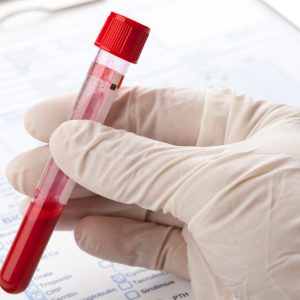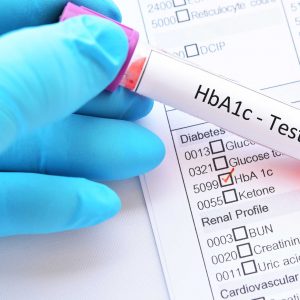You must be logged in to post a review.
C3-Complement
₹1,211.00
The complement system is complex and composed of a set of more than 30 circulating blood proteins that work together to promote immune and inflammatory responses. Its principal role is to destroy foreign pathogens like bacteria and viruses. The complement system can also be activated when the body makes antibodies against its own tissues that it thinks are foreign (autoantibodies) as happens in autoimmune diseases. Complement tests measure the number or activity of complement proteins within the blood.
Reference Values
| Gender | Age Range Type | Value mg/dL |
| Male | Less than or equal to 1 years | 58-149 |
| Male | Between 1 – 17 years | 80-156 |
| Female | Less than or equal to 1 years | 58-151 |
| Female | Between 1 – 17 years | 84-168 |
| Male | Greater than 17 years | 90-180 |
| Female | Greater than 17 years | 90-180 |
Interpretations
Complement levels can also be decreased because of increased consumption or, more rarely, a hereditary deficiency. Hereditary deficiency in one among the complement proteins will usually cause a high frequency of recurrent microbial infections. Decreased complement levels are associated with an increased risk of developing an autoimmune disease. Both C3 and C4 levels are typically depressed in SLE while C3 alone is low in septicaemia and infections caused by fungi or parasites such as malaria.






Reviews
There are no reviews yet.